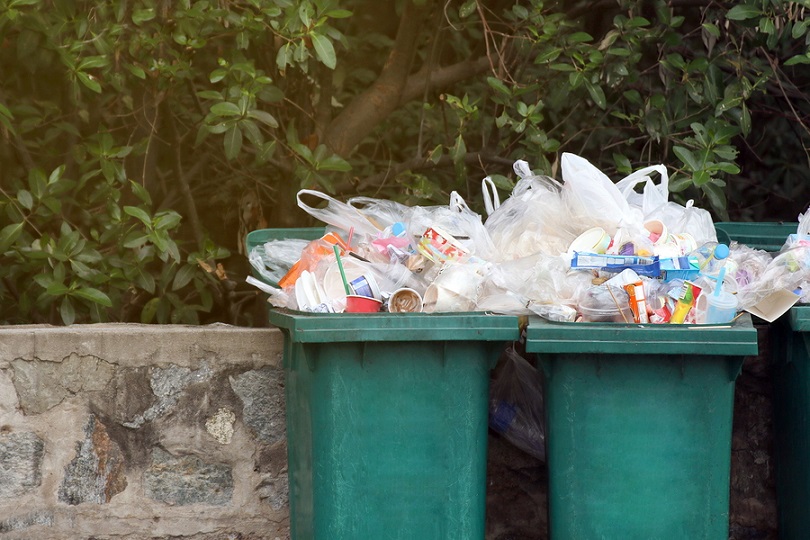Plastics vs composts: rethinking sustainability

Sustainability is more than a buzzword in the eyes of modern consumers and could now be the key differentiating factor behind purchasing decisions made in today’s retail market.
Research from J. Walter Thompson Intelligence says today’s shoppers are more likely to buy from a brand or retailer that aligns with their personal values, with 91 per cent of consumers surveyed wanting brands to use sustainable ingredients or material. Over half of those surveyed think it’s important that products are made from recycled materials and 92 per cent believe sustainable business practices should be standard.
But while sustainability has clearly become more important in consumer’s eyes, the science on what constitutes ‘sustainable’ isn’t as clear cut.
University College London’s Sustainability Team says there are key differences between the words, biodegradable and compostable. Compostable materials require certain conditions to break down in home composting or industrial composting facilities at specific temperatures and conditions, whereas biodegradable materials break down naturally, but take a longer period of time.
Several large businesses have reversed announcements that a compostable solution was the right way to go. There are regular reports of compostable bags being pulled out of landfill that have been there for years and yet to break down.
Meanwhile research has shown that biodegradable bags can still be intact and usable after several years.
The use of paper or plastic is also a common question raised by consumers and businesses.
The science shows manufacturing paper generates 70 per cent more air pollutants than plastic; uses 20 times more water than plastic; weighs 5-7 times more than the equivalent plastic product; and uses seven times the resources to transport.
Paper recycling also uses 91 per cent more energy per kilogram than plastic; with paper’s fragile construction also limiting its re-usability.
Blu Print promotes reduce, reuse and recycle.
Blu Print has designed and worked with a manufacturer to provide courier bags made out of 80 per cent recycled material, post-consumer waste, ranging from 500 grams to 6 kgs. The Enviro 80 bag reduces the use of virgin polymers, helping to stop tonnes of new plastic entering the environment. The Enviro 80 bag is also not more expensive to produce than traditional plastic bags.
From a resources point of view, if ordering one million bags at a time from Blu Print, 800,000 of those bags would be made from post-consumer waste. Blu Print is not introducing completely new material into the global economy.
The current manufacturing processes require 20 per cent of new plastic material to ensure the primary function of the bag is not compromised. As new technology advances, Blu Print thinks this will eventually become zero per cent in the not too distant future.
Blu Print is a partner of Redcycle, Red Group has teamed up with Coles, Woolworths and several major e-commerce brands to reduce the amount of plastic packaging going into landfill. Blu Print focuses on three key areas of sustainability:
Reduce: Our Enviro 80 material range utilises the latest manufacturing technologies, the use of this material ensures that the product is produced lightweight and strong, only using 20 per cent new plastic.
Reuse: Wherever possible, Blu Print encourages the re-use of polythene bags, with its online retail satchels designed for multi trips.
Recycle: After fulfilling their primary purpose, the satchels can be 100 per cent recycled back into many new products.
Find out more about environmentally responsible packaging and the Enviro 80 courier satchel range.
Comment Manually
You must be logged in to post a comment.

No comments